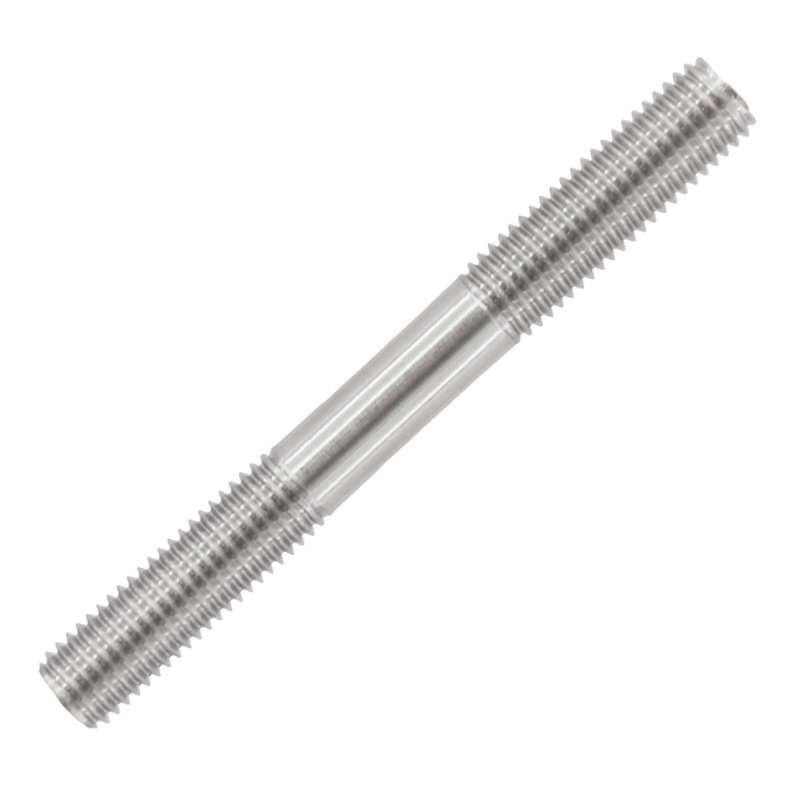

slotted self tapping screws
11월 . 12, 2024 02:47 Back to list
slotted self tapping screws
Understanding Slotted Self-Tapping Screws An Essential Fastening Solution
Slotted self-tapping screws are an integral part of many fastening applications across various industries. Engineered for efficiency and reliability, these screws are designed to create their own mating thread when driven into materials, eliminating the need for pre-drilled holes in many cases. This characteristic not only simplifies the assembly process but also enhances the structural integrity of the joints they form.
What Are Slotted Self-Tapping Screws?
Slotted self-tapping screws can be identified by their distinctive slotted drive, which features a straight, horizontal slot on the head of the screw. This design allows for manual or powered installation using a flathead screwdriver. Unlike their counterparts, such as Phillips or Torx screws, slotted screws do not offer the same level of torque control, which can lead to a greater chance of cam-out – a situation where the screwdriver slips out of the slot. Despite this drawback, slotted self-tapping screws remain popular due to their simplicity and cost-effectiveness.
These screws are typically made from materials such as steel, stainless steel, or plastic, depending on the application requirements. They come in various sizes and coatings to enhance corrosion resistance and longevity, making them suitable for outdoor usage and in harsh environments.
How Do They Work?
The self-tapping mechanism of these screws enables them to create a thread in a material as they are driven in. The tip of the screw features sharp cutting edges designed to carve out material and form a mating thread. This ability is what distinguishes self-tapping screws from other screw types that require a pilot hole. The advantages of slotted self-tapping screws are particularly evident in tasks that demand quick assembly and disassembly, as they can often be fixed with minimal tools, thus reducing both labor time and costs.
When selecting slotted self-tapping screws for a project, it's essential to consider the material they will penetrate. For softer materials like wood or plastic, a coarse thread design is preferred, while fine threads are better suited for metal applications. Correct selection ensures optimal hold and prevents splitting or damage to the base material.
Applications in Various Industries
slotted self tapping screws

Slotted self-tapping screws find applications in numerous sectors, including construction, automotive, and electronics. In the construction industry, they are frequently used in fastening drywall, sheet metal, and plastic components. Their capacity to be installed without pre-drilling makes them a popular choice for rapid construction techniques.
In the automotive sector, slotted self-tapping screws are employed to secure panels, components, and various fixtures. The robustness and reliability of these screws are vital in maintaining the structural integrity of vehicles.
In electronics, slotted self-tapping screws hold together casings and internal components of devices. Their ability to secure connections without the risk of loosening is crucial for ensuring the performance and longevity of electronic products.
Advantages and Limitations
The primary advantage of slotted self-tapping screws is their ease of use. They require minimal tools for installation, making them a favorite among DIY enthusiasts and professionals alike. Their capability to create threads on the fly saves time and enhances productivity, especially in high-volume manufacturing environments.
However, there are limitations to consider. As mentioned earlier, the slotted drive may lead to cam-out, particularly when excessive torque is applied. Moreover, they may not be suitable for applications requiring high precision or strength. In such cases, other screw types, such as those with cross-recessed heads, might be more appropriate.
Conclusion
In conclusion, slotted self-tapping screws play a crucial role in various manufacturing and assembly processes. Their unique design allows for effective fastening while eliminating the need for pre-drilling, which can significantly streamline operations. While they come with certain limitations, their benefits often outweigh drawbacks in many applications. For projects where efficiency, simplicity, and cost-effectiveness are paramount, slotted self-tapping screws remain a reliable and essential fastening solution.
Latest news
-
Similarities and Differences Between Plain Washer and Spring Washer - Fastener Comparison Guide
NewsJun.10,2025
-
Effortless Installation Self-Drilling Window Screws - Fast, Secure, and Durable Fasteners
NewsJun.10,2025
-
Self Drilling Stucco Screws for Fast, Secure Installation Self Tapping & Self-Tapping Fasteners
NewsJun.10,2025
-
Premium Hot Dipped Galvanized Self Tapping Screws - Durable Corrosion Resistance
NewsJun.09,2025
-
Discover M12 Weld Stud Benefits & Applications Guide
NewsJun.09,2025
-
M25 Stainless Steel Washers High-Durability Fasteners for Corrosion Resistance
NewsJun.09,2025

